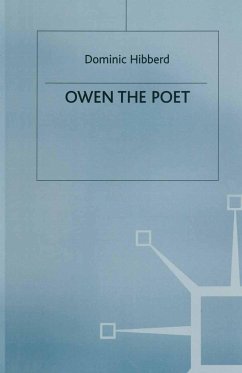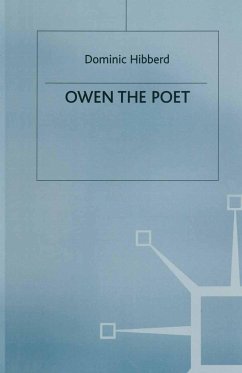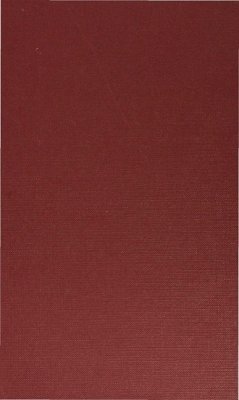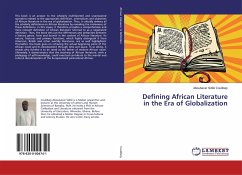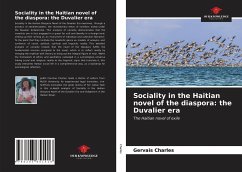
The Way of Development, Features of the Poem Genre in Azerbaijani Literature
Versandkostenfrei!
Versandfertig in 6-10 Tagen
19,99 €
inkl. MwSt.

PAYBACK Punkte
10 °P sammeln!
Despite the great changes in Azerbaijani literature and the demand for poems, they can still be called relevant today. Some works lack epic descriptions and even heroes. Even in modern poems the plot line is very little prominent. Azerbaijani poems written during the period of independence, in most cases, recreate the impression of having been collected and created from the synchronous joining of individual poems into a single whole. If one removes a section or adds a suitable verse for a theme, it is unlikely to affect the overall structure of the poem. On the other hand, Azerbaijani poems cr...
Despite the great changes in Azerbaijani literature and the demand for poems, they can still be called relevant today. Some works lack epic descriptions and even heroes. Even in modern poems the plot line is very little prominent. Azerbaijani poems written during the period of independence, in most cases, recreate the impression of having been collected and created from the synchronous joining of individual poems into a single whole. If one removes a section or adds a suitable verse for a theme, it is unlikely to affect the overall structure of the poem. On the other hand, Azerbaijani poems created during the period of independence do not meet the requirements of standard epic norms. Even such voluminous works as "The Prophet", "Dastan Yunus Emre", "Dastan Huseyn Sarajli" and others cannot be considered fully compliant with the norms of epic requirements in poems. Because these poems do not fulfill the generally accepted requirements of the genre in novels. It is for this reason that we can say that there was no inclination to write epic poems during the period of independence. We can even say that free verse takes the place of the mezsnawi-form.



